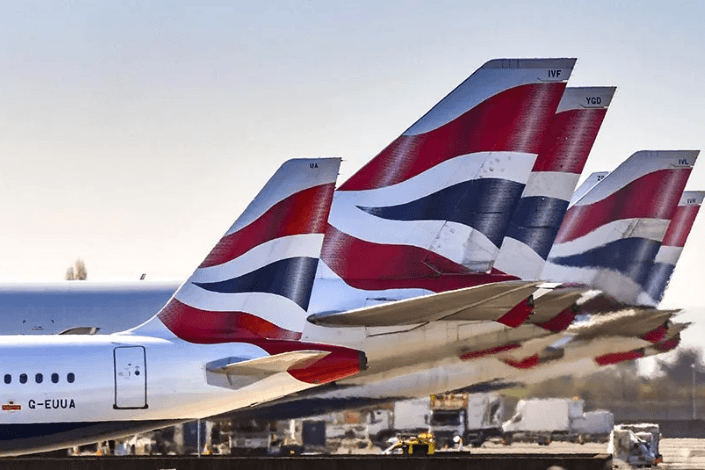Where travel agents earn, learn and save!
News / UK set to raise ADP tax for non-economy passengers
APD tax follows three bands and rates

The United Kingdom (UK) will continue raising the passenger tax, known as the ‘Air Passenger Duty’ (APD), in 2025 and 2026. The increased rates will apply to business class and first class passengers, with the new rates coming into effect on April 1, 2025.
Presented with the UK Spring budget
British legislators unveiled the UK’s Spring Budget on March 6, 2024, presenting a number of measures to collect various taxes from British constituents, which includes all airlines operating departing flights from the country's airports.
One of the measures was the announcement of further APD increases, with reduced rates for economy passengers, which will only increase with the forecasted Retail Price Index (RPI), namely inflation. As a result, the APD for economy class passengers, domestic flights, and shortfall rates will remain frozen for the time being.
APD taxes explained
The UK government has consistently increased the APD tax, which is split into three bands and three rates. Regarding the former, the bands are separated into Band A (flights of between zero and 2,000 miles (0 kilometers and 3,218 kilometers), Band B (2,001 mi to 5,550 mi (3,220 km to 8,851 km), and Band C (over 5,550 mi (8,851 km).
Meanwhile, rates are categorized as reduced, standard, and higher. The reduced rate is paid by passengers traveling in the lowest available class on an aircraft, with a maximum seat pitch of up to 40 inches (1.016 meters). Other travel classes pay the standard rate, while passengers flying aircraft with fewer than 19 passengers and over 20 tonnes (44,092 pounds) pay the higher rate.
As of April 1, 2023, the reduced, standard, and higher APD rate for domestic passengers was £6.50 ($8.27), £13 ($16.54), and £78 ($99.25), respectively. Band A reduced, standard, and higher rate APD was £13 ($16.54), £26 ($33), and £78 ($99.25), respectively, growing to £87 ($110.7), £191 ($243.1), and £574 ($730.5) for Band B travelers, respectively. Band C passengers are taxed at £91 ($243.1) for the reduced, £200 ($254.5) for the standard, and £601 ($764) for the higher rate.
Essentially, the APD rates will rise for domestic, Band B, and Band C passengers at different rates for the year starting April 1, 2024. However, similar to the 2023 rates, direct long-haul flights from Northern Ireland are not taxed, with a direct long-haul flight defined as an itinerary with a destination at least 2,001 mi (3,220 km) away from the origin airport.
Changes from April 1, 2025
Similarly to rate differences between 2023 and 2024, the APD will not rise for domestic passengers, except for the higher rate, which will go up by £6 ($7.63) starting April 1, 2025. Band A rates will increase by £2 ($2.54) for standard and £6 ($7.63) for higher rate passengers, while Band B taxes will rise across the board.
As of April 1, 2024, Band B reduced rate, standard rate, and higher rate passengers will pay £88 ($111.9), £194 (246.8), and £581 ($739.3) per flight, respectively, which will go up to £90 ($114.5), £216 ($274.8), and £647 ($823.3) a year after. Lastly, Band C passengers flying direct long-haul itineraries will see their taxes go up by £2 ($2.54), £22 ($28), and £66 ($83.9), for reduced, standard, and higher rate passengers.











